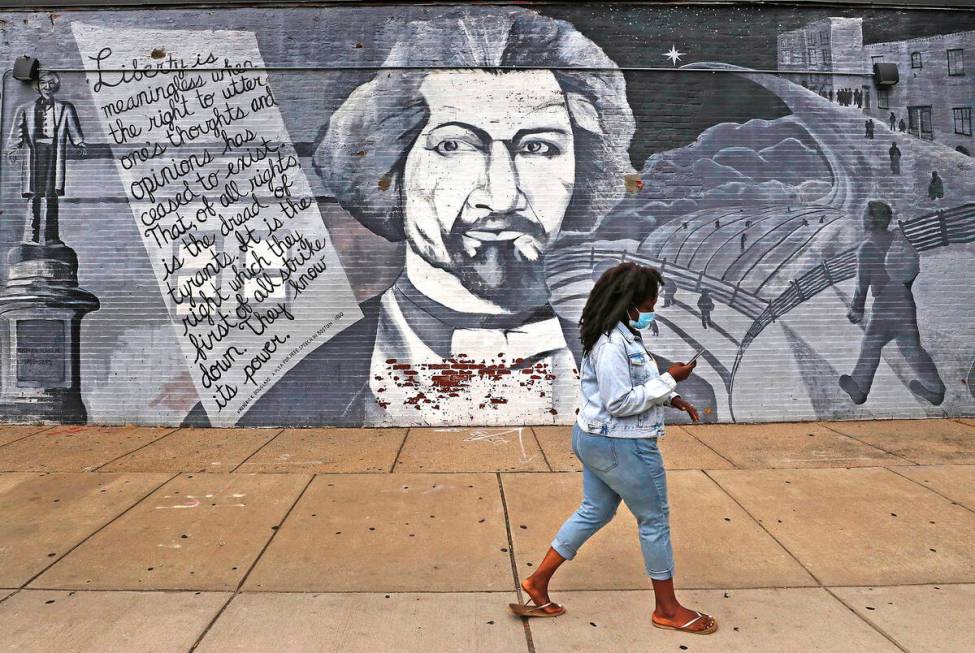RICH LOWRY: Colorblindness is America’s most transgressive idea

Writer Coleman Hughes went on “The View” and was greeted almost as though he had shown up wearing a white hood.
Hughes, a soft-spoken black intellectual who is a political independent, was talking about his new book, “The End of Race Politics: Arguments for a Colorblind America.” Once upon a time, colorblindness was an uncontroversial idea. It was a core American ideal and worth aspiring to, even if we were failing to live up to it.
In recent decades, though, it has run into a buzz saw of opposition. It clashes with the left’s near-theological commitment to racial preferences, especially on college campuses, and with fashionable new forms of left-wing racialism. So it is naive, out-of-date and, worse, even a tool of oppression used by sneaky racists to hide their malignant designs in lofty rhetoric.
This was the attitude of co-host Sunny Hostin when Hughes showed up on set. She declared that colorblindness has been “co-opted” by conservatives, and that the widely respected Hughes is a “charlatan.” For the offense, mind you, of arguing that people should be treated equally regardless of their race. But Hostin was easily outmatched by Hughes, who pushed back without getting flustered or raising his voice. He even won occasional applause from the studio audience.
As Coleman notes in his book, a devotion to colorblindness runs through some of the most honored writers and activists in American history, the likes of Frederick Douglass, Wendell Phillips, Zora Neale Hurston, A. Philip Randolph, Bayard Rustin and, of course, Martin Luther King Jr. The left always wants to retroactively enlist MLK for woke racial causes and thinking, but Hughes convincingly locates the civil-rights leader firmly within the colorblind tradition.
In a statement that might now earn him an unfriendly reception on college campuses (or on the set of “The View”), King maintained, “Black supremacy is as dangerous as white supremacy, and God is not interested merely in the freedom of black men and brown men and yellow men. God is interested in the freedom of the whole human race.”
Such a majestic, deeply felt belief in what unites us as persons and Americans can only scandalize today’s so called “anti-racists,” whom Hughes deems, more accurately, “neo-racists.” They have much in common with the white supremacists that they array themselves against. “They both deny our common humanity,” Hughes writes. “They both deny that all races are created equal.”
The neo-racist project is nonetheless ascendant in America’s elite institutions, and a narrative of racial conflict has gained more traction in recent years. Hughes attributes the sense of worsening race relations since 2013 to the rise of social media and the accelerated spread of racially charged false stories and myths.
The neo-racists fan the dissension by attributing any racial disparity to racism, and ignoring the influence of demographics, geography and culture. They disparage all the indicators of racial progress.
For Hughes, the alternatives are “a grim world in which whites and nonwhites eternally swap the roles of the oppressor and the oppressed,” or a world where we “recommit ourselves to the principles that motivated the civil rights movement.” This wouldn’t seem a difficult choice. Yet, the very notion of colorblindness is now anathema to much of progressive America.
Sunny Hostin is sadly representative in her hostility to the belief that we should — and can — treat one another without regard to race. So much the worse for her.
Rich Lowry is on Twitter @RichLowry.